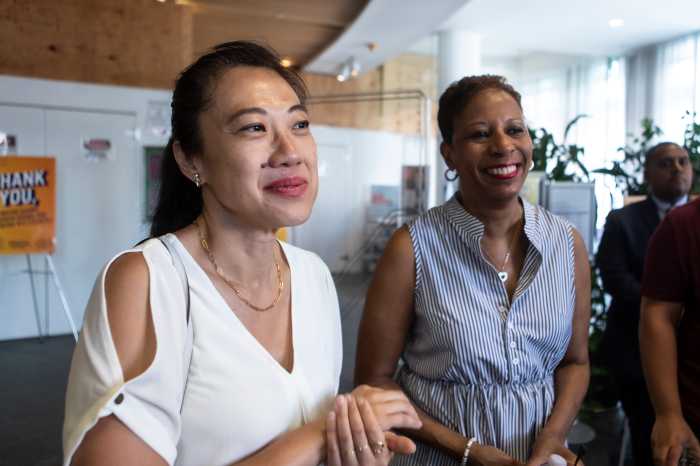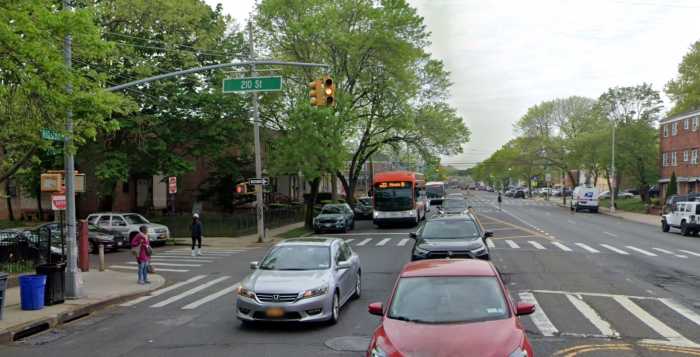By Rich Bockmann
The efforts of one Little Neck resident to find a solution to a real-world social issue paid off last week when Mayor Michael Bloomberg signed City Councilman Mark Weprin’s (D-Oakland Gardens) anti-cyberbullying bill into law.
Rachel Mayo, who recently finished her first year at Brandeis University, initially contacted the councilman last year when she had conducted an analysis of cyberbullying as a student at Townsend Harris High School in Fresh Meadows.
“I was cyberbullied as a child, so when it came time to do the project, I chose something personal,” she said. “In order to make an impact, I reached out to build a network. I contacted my city councilman.”
Weprin said Mayo wrote a paper on the topic.
“We had been talking about the problems and she said we should do some legislation on it,” the councilman said in a phone interview. “Council member [Lewis] Fidler [D-Brooklyn] had a similar idea and we worked on it together.”
For her entry in the Working in Support of Education Quality of Life Scholarship Competition, Mayo conducted an in-depth study of cyberbullying among sophomore students at her school and two others in the city.
Her research found that many victims of bullying and cyberbullying were targeted because of general physical appearance, which was not included in the city Department of Education’s definition of cyberbullying. Mayo’s $2,000 winning proposal suggested that the city’s definition of cyberbullying was too narrow and focused only on biased-based bullying limited to race, color, ethnicity, national origin, religion, gender, sexual orientation and disability. It excluded physical appearance attributes such as weight, hair color, attractiveness, etc.
The main conclusions of her research are that cyberbullying is prevalent and drastically under-reported in the city’s public schools, and that physical appearance was not only the most common basis for cyberbullying, but that students who were cyberbullied based on physical appearance were the least likely to report it.
“This issue has really come to light lately in some tragic cases where people have taken on the act of picking on other kids through the Internet,” Weprin said, citing the suicide of a gay Rutgers student after his roommate sent out live images of him on the web. “The meanness of kids sometimes has no bounds. With no face attached, the messages are just that much more vicious.”
The new law requires the city Human Rights Commission to develop a training course for city employees on bias-related harassment, which includes verbal threats, taunting, intimidation, abuse and cyberbullying. In addition, the HRC will educate and assist young people in recognizing cyberbullying through schools, libraries and government agencies.
“It’s really empowering to think I made an impact on kids across New York City,” Mayo said. “A couple of years ago no one was even talking about this.”
Reach reporter Rich Bockmann by e-mail at rbockmann@cnglocal.com or by phone at 718-260-4574.



































